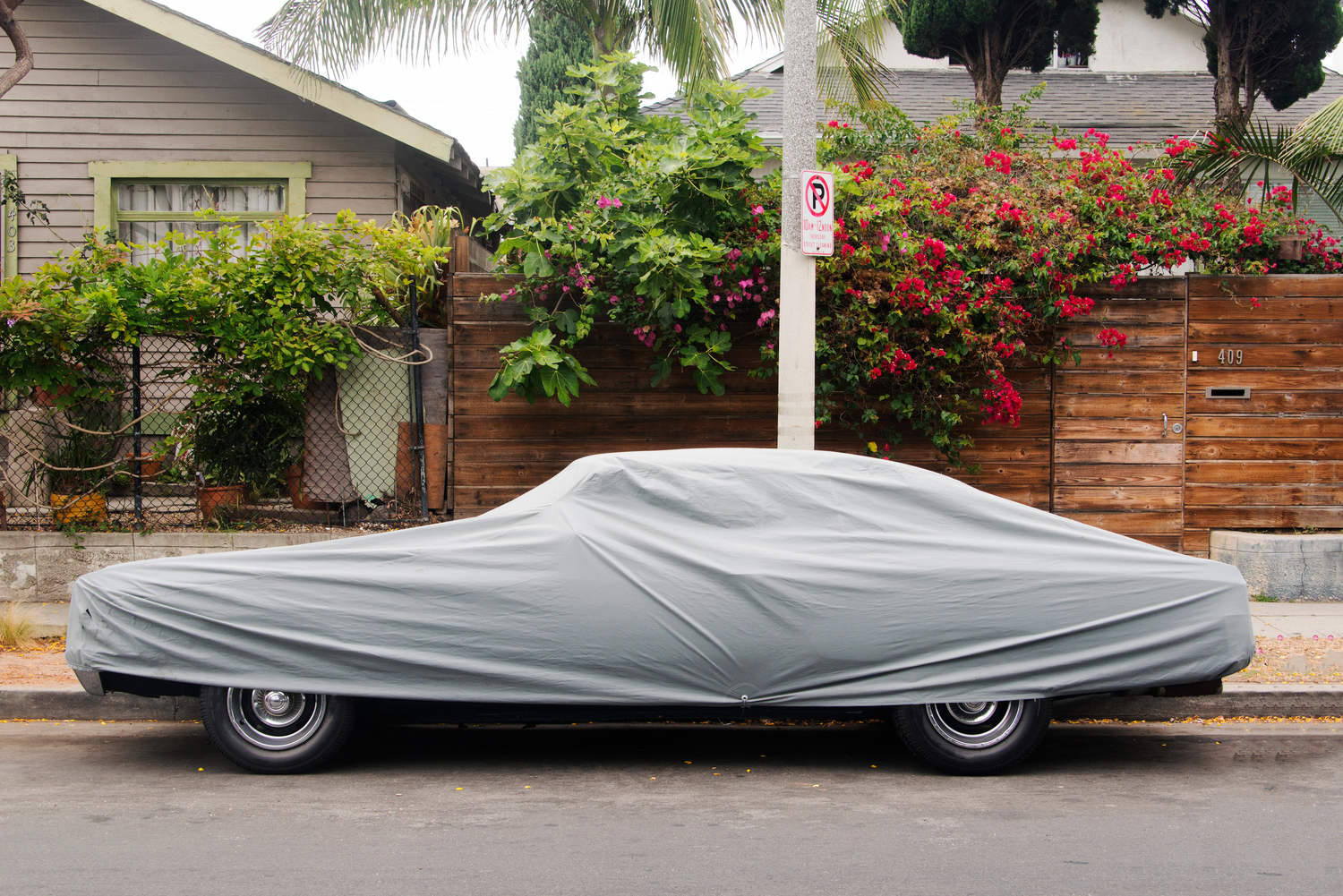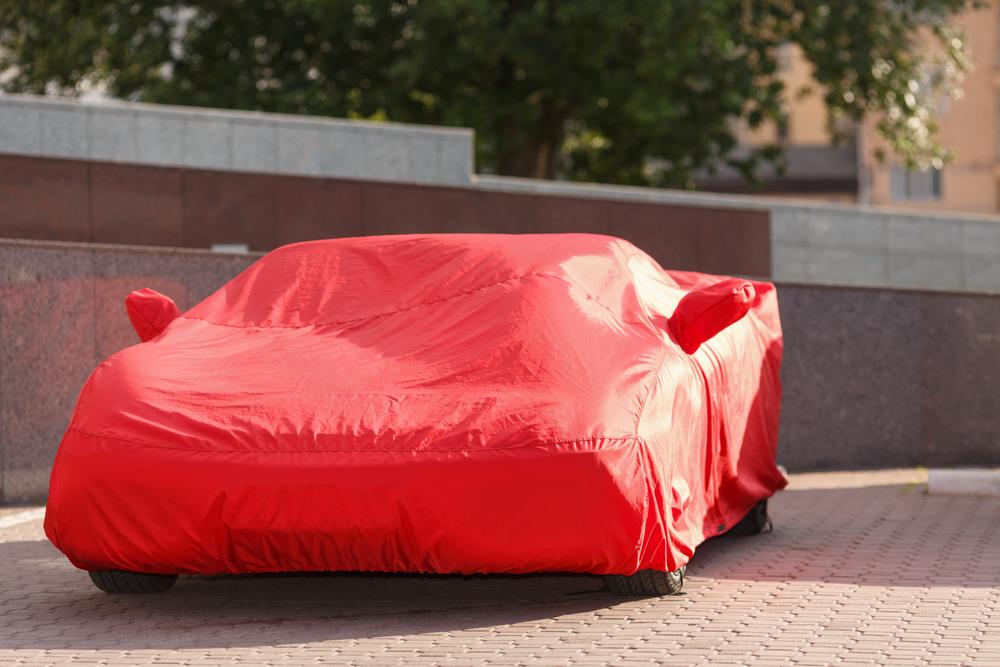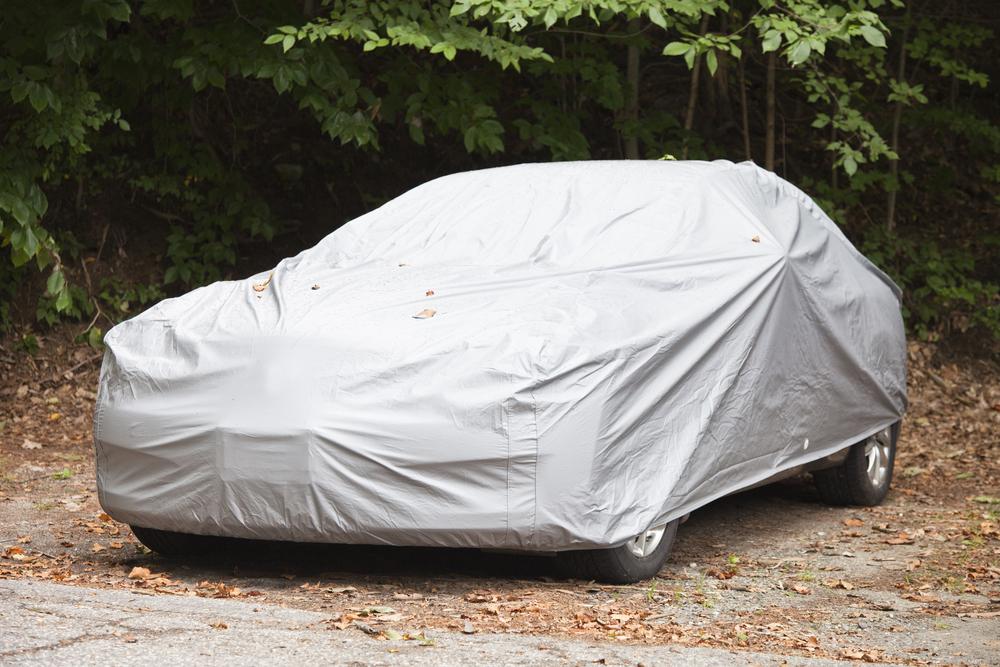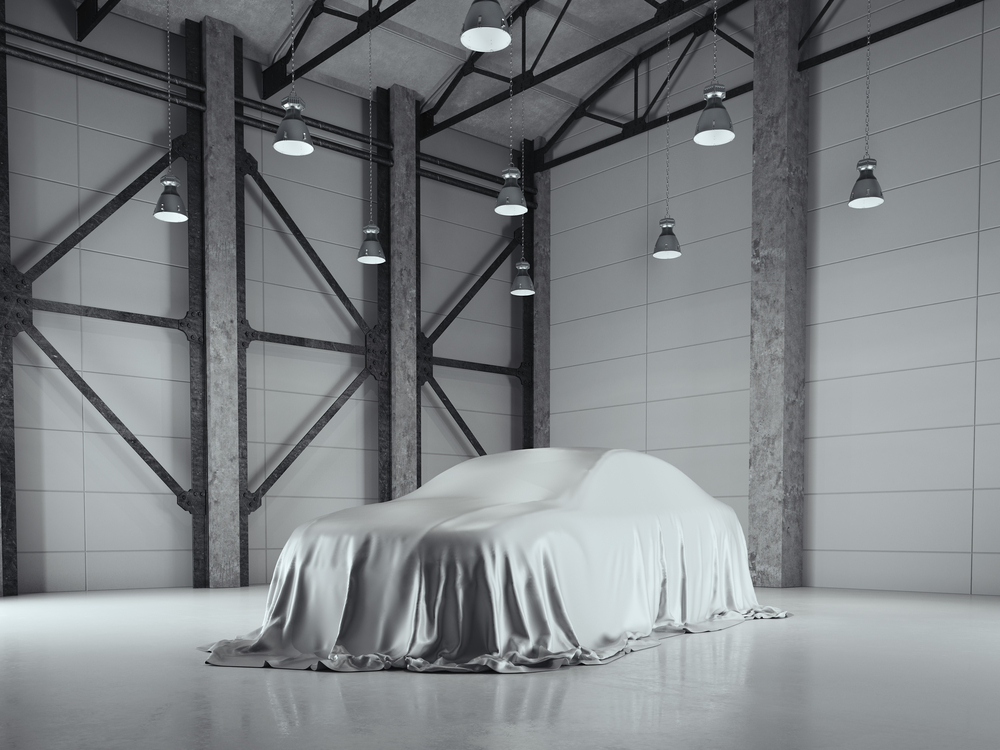Guide to Choosing the Perfect Car Cover for Your Vehicle
Discover essential tips for selecting the perfect car cover to keep your vehicle in top condition. Learn about different types, protective features, and proper maintenance to ensure maximum durability and safety for indoor and outdoor parking scenarios. This guide helps car owners make informed decisions tailored to their environment and budget.
Guide to Choosing the Perfect Car Cover for Your Vehicle
How to Select the Ideal Car Cover
Maintaining your vehicle’s condition requires choosing the right car cover. Several factors influence this decision, including your car model, local climate, budget, and parking environment—whether outdoor or indoor. Having accurate information simplifies the selection process. This article provides essential tips to help you pick the best car cover for your needs.

Types of car covers available
Popular options include waterproof, water-resistant, and cotton covers, each suited for different parking environments. Waterproof and water-resistant covers are best for outdoor use, protecting against rain and snow, while cotton covers are ideal for indoor storage, such as garages.
Indoor covers are more breathable, preventing moisture buildup and heat trapping. Outdoor covers can sometimes be used indoors to provide extra protection.
Ensuring your cover offers comprehensive protection
Select a cover that fully shields your vehicle, covering all parts to prevent damage from UV rays, dust, and pollutants.
Measure your vehicle accurately before purchasing and opt for products backed by a manufacturer’s warranty. A durable cover should last over seven years and reduce long-term maintenance costs.
Consider the thickness and protective features
Identify the specific hazards your vehicle faces, such as UV exposure or moisture, and choose a cover accordingly.
Thicker, rugged options are preferable for harsh weather conditions like heavy snowfall or rain, enhancing durability and longevity.
Breathable vs. waterproof covers: Which to choose?
Breathable covers help evaporate condensation, preventing rust and corrosion.
Waterproof covers trap moisture, which can lead to mold, mildew, and paint damage. They are suitable in certain conditions but require careful maintenance.
Proper care and storage of your car cover
Store the cover in a clean, dry bag when not in use to prolong its lifespan.
Regularly clean the cover to remove dirt and dust that can clog pores and damage the vehicle’s finish.
Consider using a lock or cable kit to secure the cover, especially if it is personalized or new.
Overall, choose a cover that fits your vehicle well and suits your local climate for optimal protection.










